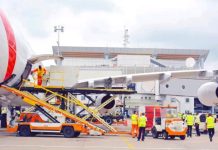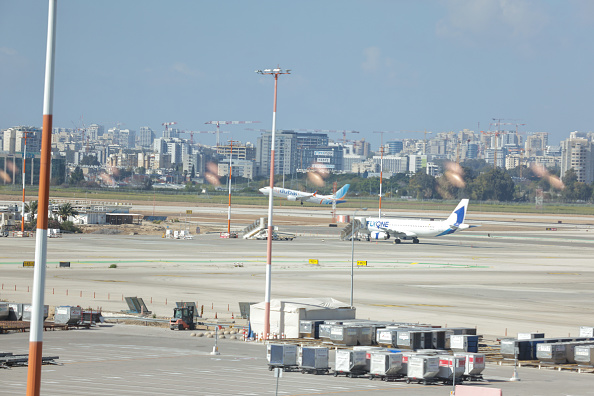Israel has begun operating a series of rescue flights to evacuate stranded travellers and repatriate citizens, following widespread airline disruptions across the Middle East caused by U.S. strikes on Iran’s nuclear facilities. According to Reuters, the Israeli Airports Authority confirmed that 24 special flights per day will operate from Monday, each carrying a maximum of 50 passengers.
Airspace across much of the region—including Israel, Iran, Iraq, and Syria—remains mostly closed, forcing airlines to reroute flights north via the Caspian Sea or south over Egypt and Saudi Arabia. This has significantly increased fuel costs, crew time, and operational complexities. Reuters reported that airspace tracking data from FlightRadar24 showed a near-total absence of flights across the conflict zone.
El Al, Israel’s national airline, said it received around 25,000 requests from individuals seeking to leave or return to the country. In response, the carrier will begin servicing eight international destinations from Monday, Reuters noted. On Sunday, Israel temporarily reopened its airspace for a six-hour window to facilitate the first phase of evacuations.
Meanwhile, global carriers are suspending operations to several Middle Eastern destinations. Reuters cited that Air France-KLM, British Airways, and Singapore Airlines cancelled flights to Dubai, Doha, and Riyadh. BA offered rebooking options for passengers travelling through June 24, allowing free changes until July 6.
The increased flight risks follow U.S. military action on Iranian nuclear facilities, which some aviation experts believe could provoke retaliatory threats. While no direct threats to civil aviation have been issued, Iran has historically responded via proxy groups like Hezbollah. According to Reuters, the aviation intelligence platform Safe Airspace warned that risks now extend to Bahrain, Kuwait, Oman, Qatar, Saudi Arabia, and the UAE.
Rising oil prices are another consequence. Reuters reported that airlines are bracing for a potential spike in jet fuel costs as oil markets react to escalating regional tensions. American Airlines and United Airlines had already suspended flights to Qatar and Dubai days before the strikes.
As part of the rescue initiative, Israel reopened Ben Gurion International Airport and Haifa Airport on Sunday from 1100 to 1700 GMT. These measures aim to alleviate pressure on stranded travellers and restore limited connectivity, Reuters said.
Despite the fluid situation, Israeli authorities and El Al continue working to manage the fallout from the crisis, while global airlines navigate the complex logistics of a region under strain from both conflict and restricted airspace.













